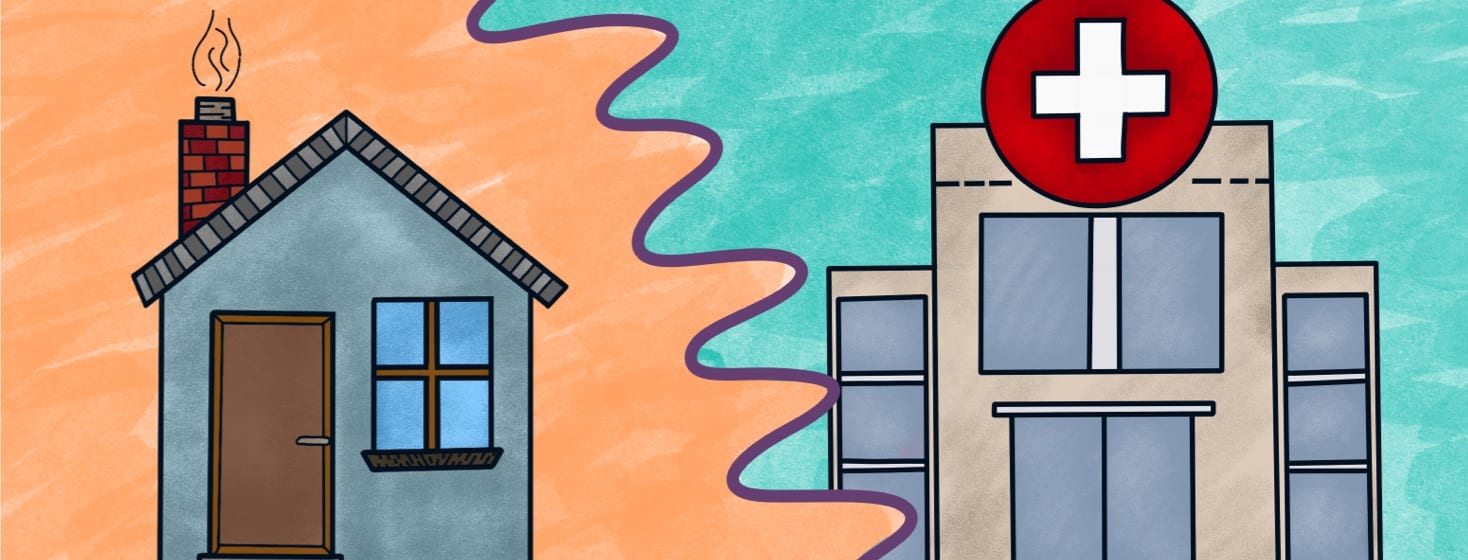Professional Caregiving vs. Family Caregiving
At the same time my job as a caregiver for my family was beginning to grow beyond providing care on an as-needed basis for both of my parents, I joined the world of caring for hire.
An assisted-living facility was opening in my town, and there were openings in the activities department for a fun coordinator. I would get to plan cognitive programming for skilled nursing, assisted living, and memory care residents.
Balancing caregiving roles
I was actively learning how to better care for my mother when I came home from work, and I would apply what I learned from caring for my mother to understand better the residents I spent more than forty hours a week with. I was doing this while I was working.
Caregiving for a family member is not the same as being hired to care for someone. There are significant differences between the two. The two main aspects, the emotional and the physical, are what I wanted to discuss.
Emotional
For hire, you can separate and tackle your tasks without the added nuances of family drama.
Family members have a strong interest in the health and happiness of their loved ones that extends beyond the responsibilities that are now being fulfilled. The involvement of your heart is on a level that is deeper.
Physical
For hire, you will be underpaid and overworked, which can cause burnout. You can distance yourself from investing in your role as a for-hire caregiver, to protect your energy, and your job. You will have a core group of co-workers that share similar tasks, commiserate with, and you will learn from.
For family, your concept of time will disappear, as will your comfort level. You will encounter many firsts, many “ I never thought in a million years I could do XYZ “ type bonding experiences in performing care for your loved one.
The toll of caregiving
No matter who you are caring for, you will voluntarily push yourself beyond your limits. At the end of each day, you will make a mental checklist comprised of everything that you failed to do or that you might have done more effectively.
Either you or your siblings or other relatives may be responsible for providing care, or you may be a member of the staff of a family.
The individual for whom you are providing care might be your spouse, a parent, or a loved one on your own.
You may take comfort in the knowledge that you did all in your power to honor and care for your loved one when they need your assistance, regardless of whether you get compensated in dollars and cents or not.
The beauty of the challenge
Providing care is an expression of love. Learning is a process that never comes to an end. It is possible to have an effect on a human life by extending your heart and hand.
Caregiving is rewarding, exhausting, intimate, and character-building. It is, without a doubt, the most achingly beautiful and life-affirming calling that I have ever considered, up to the day when I answered the call to care.

Join the conversation